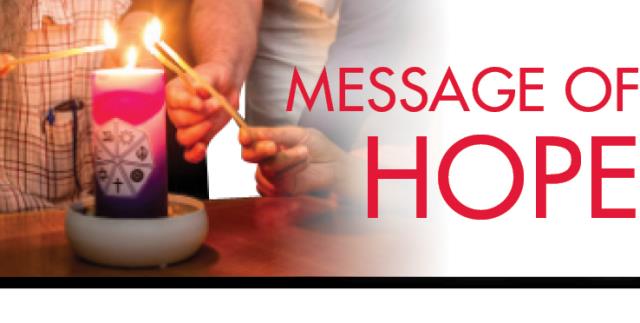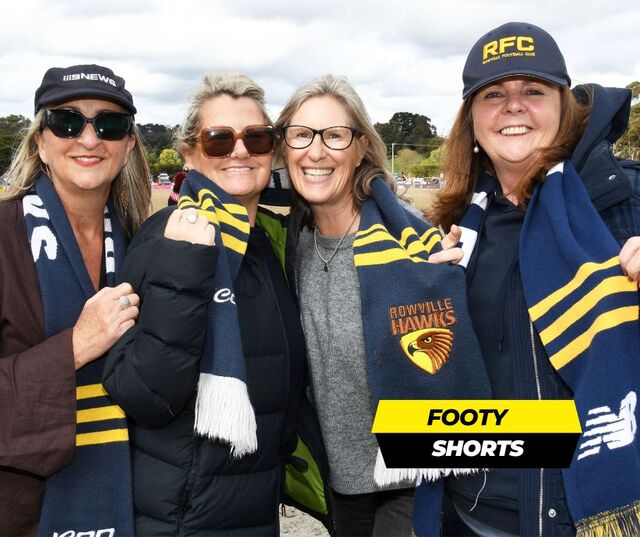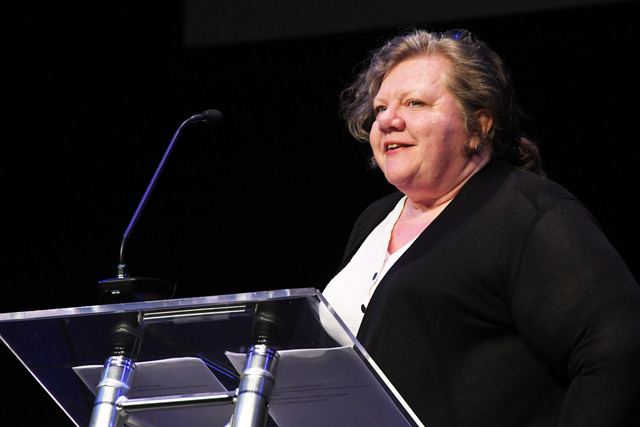 1. Noble Park Vietnam Veterans’ Group president Ray McCarthy, Noble Park RSL member and ceremony organiser Gordon Carr and Noble park Vietnam Veterans’ Group vice-president John Meehan with the 18 white crosses that commemorate the 18 Australian lives lost at Long Tan.
1. Noble Park Vietnam Veterans’ Group president Ray McCarthy, Noble Park RSL member and ceremony organiser Gordon Carr and Noble park Vietnam Veterans’ Group vice-president John Meehan with the 18 white crosses that commemorate the 18 Australian lives lost at Long Tan.By Shaun Inguanzo
IT doesn’t matter how many showers you have – some dirt still sticks.
That’s how Vietnam veteran Warren ‘Snow’ Coughlan describes 40 years of physical and psychological trauma experienced by all Vietnam veterans after a cold homecoming.
But Snow says vets are symbolically washing away layers of muck with each passing year as recognition of Vietnam veterans’ efforts grows.
In fact, the hardened vet had nothing but praise for the Vietnam Veterans’ Day celebrations at Noble Park RSL last week.
Coinciding this year with the 40th anniversary of the Battle of Long Tan, Vietnam Veterans’ Day is fast becoming comparable to Anzac Day.
Noble Park’s moving service was 12 months in the making after RSL member Gordon Carr thought it was time to smash the demons that had plagued veterans since the war ended.
Mr Carr said he decorated 18 miniature white crosses made by a mate for the ceremony, symbolic of the white crosses that mark military graves.
Each cross represents one of the 18 Australians killed in Long Tan in a bloody battle in which Australian forces were largely outnumbered.
But Mr Carr had organised more than a ceremony.
His efforts addressed the underlying issue that often detracted from the war service itself – the treatment of veterans upon their arrival home.
“Those ill feelings will always be there,” he said.
“Because if you mistreat a dog, it won’t come to you, it will always remember.”
Good friends Snow, Michael McMillan and Ron Condon tagged the ceremony the ‘best ever’ because of its sincerity.
It was even better, they said, than the Vietnam War state ceremony held at Melbourne’s Shrine of Remembrance.
The trio said bad memories of the war still lingered.
Each man said he was sprayed with chemicals, including the defoliant agent orange, and had since suffered skin and respiratory problems.
Mr McMillan was so frightened by the effects of agent orange that he did not have kids for 10 years after the war.
Mr Condon took part in the Battle of Coral and Balmoral, a battle of some 26 days that subjected troops to continuous gun, missile and mortar fire.
Unsure of how he survived one of the grisliest battles involving Australian troops, Mr Condon said there was no method to the madness.
“I don’t think anyone really understood what it was all about,” he said. “All we really understood was the crappy treatment we got when we arrived home.”
Now the veterans’ hope is not for greater recognition, but to ensure Australia’s troops returning from the Middle East and future conflicts are not subjected to the same cold treatment.






